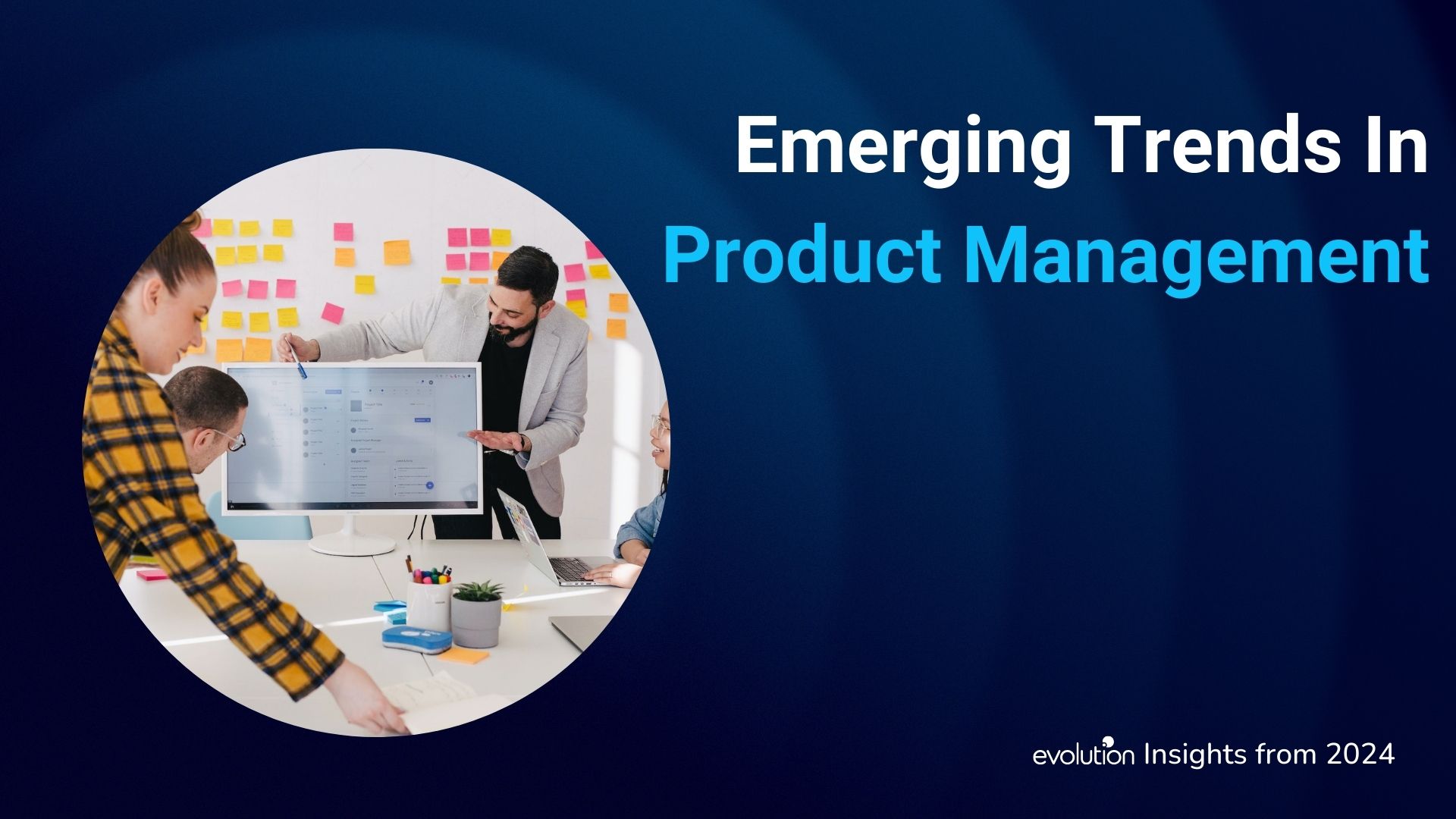Introduction
In this insightful interview, I had the opportunity to sit down with Jason Retter, Programme Manager at NHS SCW. Our discussion revolved around the ELITE programme and its profound impact on general practice. The ELITE (Engage, Learn, Improve, Transform, Embed), programme aims to revolutionize how GP practices access and utilize their operational data, ultimately leading to significant improvements in patient care.
Overcoming Data Access Challenges
One of the primary obstacles faced by GP practices has been the difficulty in accessing their own operational data. However, Jason shared with me how the ELITE programme has partnered with Edenbridge to address this issue head-on. Edenbridge has developed the APEX software, a game-changer that provides easy access to data dashboards, effectively eliminating the barriers that GP practices previously encountered in accessing their own data.
Leveraging Data for Improvements
When I asked Jason how GP practices can effectively leverage this newfound access to data, he enlightened me on the transformative journey the ELITE programme offers. Over a six-month period, the programme equips practices with the necessary tools and knowledge to utilize data effectively and implement improvement projects. The ultimate goal is to release 2% of GP or nursing capacity during the programme, leading to a substantial enhancement in patient care.
Collaboration in Primary Care Networks
A critical aspect of the ELITE programme is the emphasis on encouraging primary care networks to collaborate. Jason underscored the power of working together, highlighting how primary care networks can achieve more when engaging in meaningful conversations about data across their networks. Collaboration becomes the catalyst for innovation and positive change within the healthcare system.
“It’s really important to get people bought in and make change. Sometimes, a picture or chart can convey the value of change more effectively than a thousand words. It’s about finding impactful ways to communicate.”
Scaling the Elite Programme
During our conversation, Jason delved into the pilot phase of the ELITE programme, which initially focused on working with one primary care network as a minimum viable product. Subsequently, the programme expanded to encompass 10 to 12 primary care networks, allowing for testing across different sizes and configurations. The successful pilot, funded by NHS South East Region and SCW’s Innovation fund, has set the stage for scaling the programme across Integrated Care Systems (ICBs) as a whole.
Jason’s Role and NHS SCW
When discussing Jason’s role within NHS SCW and its relationship to the ELITE programme, he explained that he works within the Transformation Directorate, a consultancy services division. Unlike the rest of NHS SCW, which receives recurrent income from business service contracts, the Transformation Directorate depends on winning income from consultancy projects to sustain its operations. The Transformation directorate has over 200 members of staff with diverse skills and experience and for this work we were able to draw on the expertise of BI, change management, OD and GP IT training just to name a few.
Training and Collaboration for Effective Teams
Our conversation also touched upon Jason’s personal experiences and approaches within the healthcare sector. He emphasized the importance of hands-on training and collaboration in building and developing effective teams.
“Technical skills are crucial, even for generalists. Generalists should, for example excel in Excel. It’s a vital tool for driving transformation, as numbers underpin everything.”
Diversity and Inclusion
Regarding diversity and inclusion within teams, Jason acknowledged their significance, though he admitted that his personal experience has been atypical. Working in female-founded businesses with a diverse clientele has shielded him from the challenges that arise when diversity and inclusion are not prioritized. Nevertheless, he recognizes the importance of promoting diversity and inclusion within healthcare settings.
Professional Development and Skills
When it comes to professional development, Jason takes a lean approach, relying primarily on on-the-job learning and acquiring skills from various sources. Despite the relative lack of investment in continued formal qualifications, his extensive toolbox of skills and knowledge acquired through practical experience proves invaluable in his work.
“Problem-solving is a skill that is often overlooked, but its absence is evident. We need to appreciate its value and foster it within teams.”
Career Accomplishments
Throughout our conversation, Jason shared some of his noteworthy career accomplishments. He stressed that achieving positive patient outcomes is a collaborative effort. Notable achievements include working on a successful review for Weston Area Trust, resulting in a merger with University Hospitals Bristol. Additionally, he played a significant role in freeing up 200 acute beds in Northamptonshire, leading to a substantial improvement in A&E performance. Furthermore, successfully delivering the ELITE pilot for general practice stands out as a major accomplishment, requiring meticulous planning and implementation.
Problem-Focused Approach and Adaptability
Our interview concluded with a discussion on the importance of problem-focused approaches and adaptability in driving transformation. Jason emphasized the significance of remaining flexible, pivoting when necessary, and aligning strategy with delivery to improve overall planning and implementation.
“People often struggle with pivoting. It requires mental agility and time to completely reframe something. However, being primarily problem-focused rather than project-oriented allows us to explore entirely different approaches.”
Read more about the ELITE programme here.



























